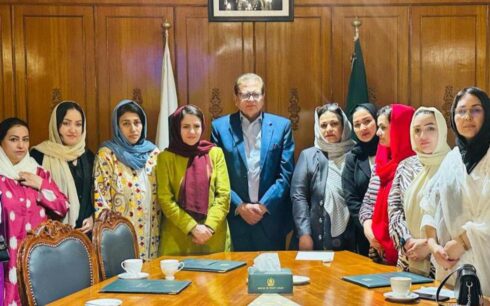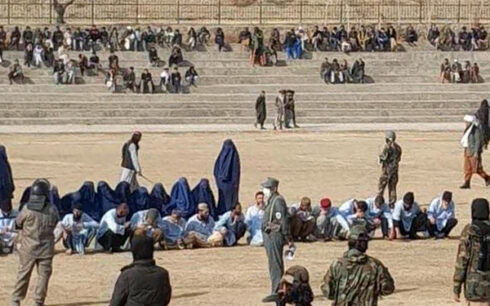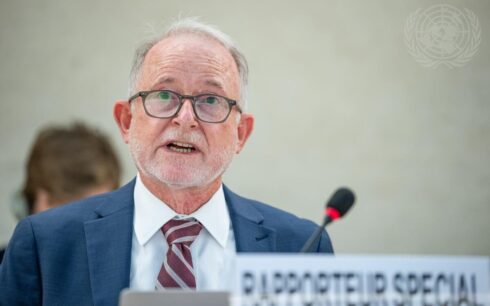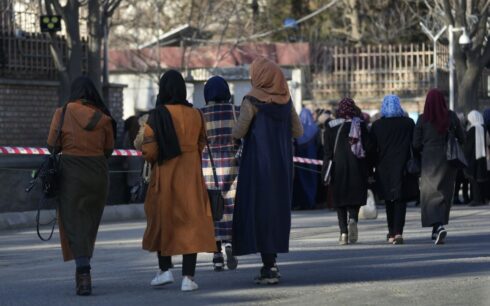KABUL, Afghanistan — The ongoing ban on female Afghan staff working for non-governmental organizations has severely hindered efforts to assist children and women in need, according to a joint report by several aid organizations.
The ban, which took effect on December 24, 2022, has sparked strong reactions both nationally and internationally, leading many donors to cut funding to Afghanistan amid an unprecedented humanitarian crisis.
In a joint statement, the Child Protection Area of Responsibility, the Protection Cluster, and UNICEF said, “All possible operational adaptation modalities are still being explored and put in place to sustain the implementation of activities, including integration with education and health facilities and the use of virtual or remote approaches for delivering case management and psychosocial support services.”
The report noted that child protection actors in Afghanistan reached 1,837,944 beneficiaries, including 331,701 boys and 248,695 girls, between January and June 2024. This included 101,456 beneficiaries who received structured psychosocial support, with 5,064 referred for specialized mental health services.
However, the Afghanistan Child Protection Area of Responsibility revealed it had only received $22.8 million of the $42.9 million needed for its efforts.
The Taliban’s ban on female Afghan staff working for NGOs has also raised concerns from the Organization of Islamic Cooperation.





